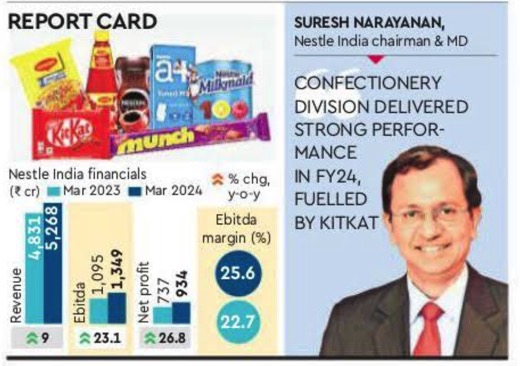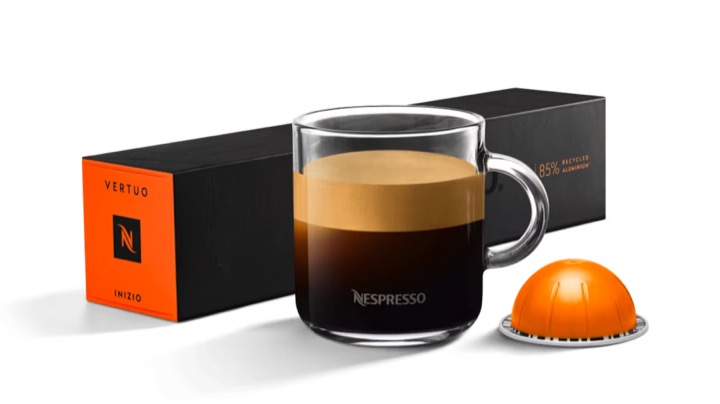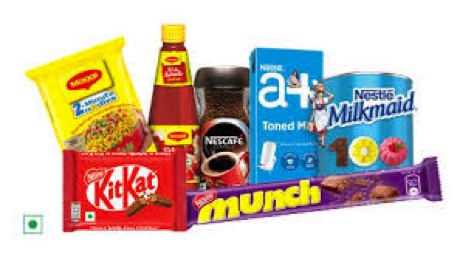Nestle India posted a net profit of ₹934.17 crore in the March quarter, up 27 per cent year-on-year, on the back of strong growth momentum across its product portfolio. Revenue from operations rose 9.05 per cent to ₹5,267.59 crore. The company announced that it has inked a definitive agreement with Dr. Reddy’s Laboratories to form a JV company in the nutraceuticals space. At the same time, Nestle will also bring its premium coffee brand Nespresso’s product portfolio to India later this year.
The company’s board has recommended a final dividend for the (15 months) financial year ended March 31, of ₹8.50 per share amounting to ₹8,195.3 million.
The joint-venture company, which is expected to become operational in Q2 of FY25, will see Dr Reddy’s holding 51 per cent stake and Nestle India holding 49 per cent stake. Nestle India will have a “call option” to increase shareholding up to 60 per cent after six years , while Dr Reddy’s will continue to hold at least 40 per cent stake, the statement added.
Sales
Nestle India’s total sales and domestic sales grew by 9.3 per cent and 8.9 per cent, respectively, in the March quarter.

Suresh Narayanan, Chairman & Managing Director, Nestle India said, that the company delivered double-digit growth despite challenges posed by rising food inflation and volatile commodity prices. “We have witnessed a strong growth momentum across our product portfolio led by a combination of pricing and mix. Our domestic sales crossed ₹5,000 crore this quarter,” he added.
Noting that prepared dishes and cooking aids portfolio saw strong growth, Narayanan added that “India emerged as the largest market worldwide for Maggi,” in FY24. Confectionery portfolio also delivered “strong performance”, making India the second-largest market for Kitkat globally, he added. The company’s beverage business recorded “robust growth” performance. “Nescafe has introduced its coffee to over 30 million households in India in the last seven years,” Naryanan said. Milk Products and Nutrition also witnessed strong growth despite inflationary pressures.



























